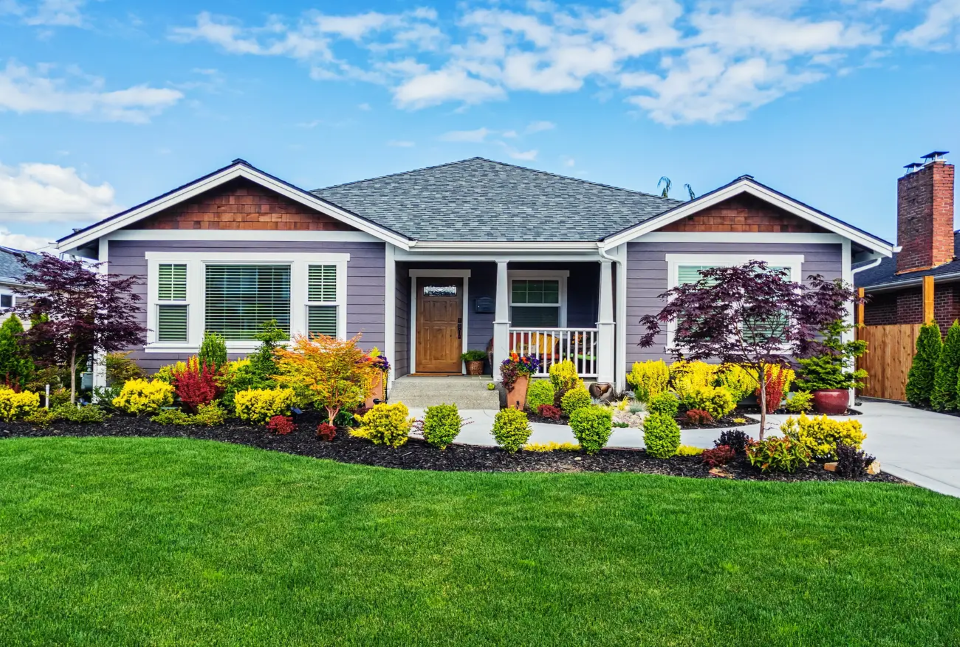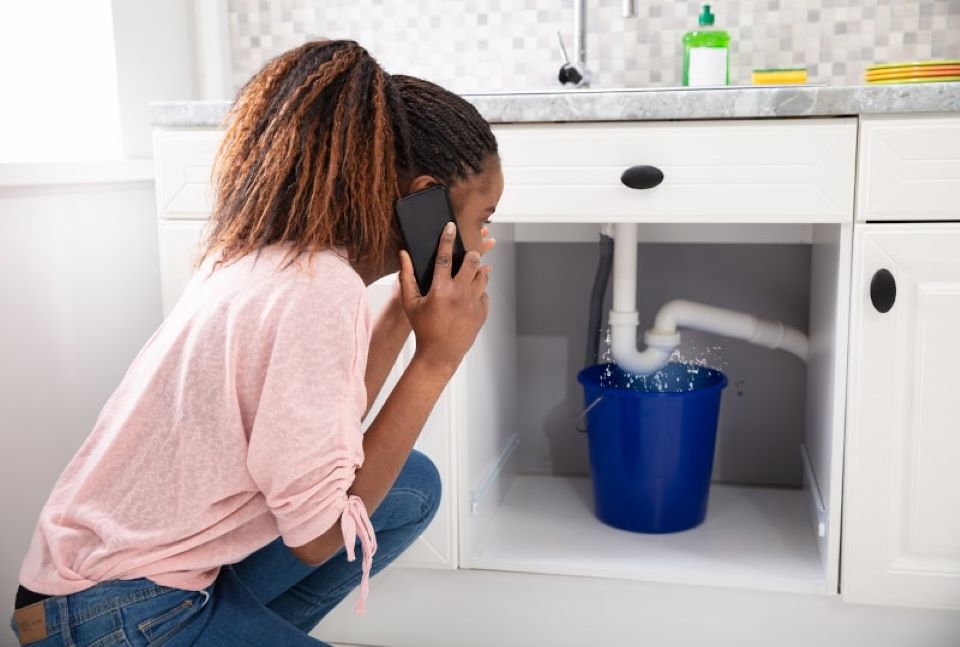
Hazard Insurance by Mortgage Lenders
March 25, 2022
Leak Tips | Homeowners Insurance Claims Prevention
April 2, 2022As a busy homeowner, it is easy to fall into the trap of pushing off tasks that maintain the long-term value of your home in favor of more pressing problems. That’s OK, to a point, as certain house-cleaning projects should be in the “long-term maintenance” category. But putting them on hold for too long can have disastrous results. As with so many things in life, preventive maintenance can save a lot of future effort and cost in your home, too.
We’ve put together the following checklist of cleaning projects that can save you headaches – and money – down the line.
- Keep up with general cleaning: Giving the entire house a light cleaning every couple of weeks goes a long way toward preventing unwanted build-up. Dust and grime accumulate gradually and can permanently impact the sheen of hardwood and the sparkle of bathroom fixtures. Clutter and smaller messes also often disguise spills, leaks, and stains. Over time, these can set and become more difficult to remove.
- Replace air filters: If your heating or air-conditioning system relies on vents or an intake with an air filter, make sure you know the proper replacement schedule. Extending an air filter past its useful life not only lowers your air quality, it also can force your air conditioner or furnace to work harder, leading to more frequent breakdowns.
- Clean the dishwasher: The appliance we rely on so heavily to clean up after us needs to be cleaned itself every now and then! Its ability to operate effectively decreases between cleanings, and the longer you wait, the more likely it is to malfunction. A number of moving parts in dishwashers can easily get stuck when they are covered in food or soap residue, which can result in a less-than-appetizing smell that might even transfer to your dishes. For optimal results, periodically remove the filter system from the floor of your dishwasher and clean it off. Then run the dishwasher with white vinegar to remove build-up, stains, and odors.
- Make sure drains are clear: A visit from the plumber is guaranteed to be expensive, so we recommend doing everything you can to limit build-up in your drains and toilets. Avoid putting coffee grounds or grease down your sink drains, purchase a drain cover to catch hair in the shower and use a slightly less-luxurious toilet paper to avoid clogs. At the first sign of a clog, use baking soda, dish soap, or store-bought drain cleaner on trouble spots.
- Have your carpets cleaned: Heavily-trafficked areas should be professionally cleaned at least once or twice per year, depending on where you live and how conscientious you are about removing your shoes at the door. This will revitalize your carpets, and can prolong their lifespan, too. And whenever a spill occurs, react quickly! Just one noticeable stain can ruin a beautiful carpet. If you’re stumped, search online for a solution – there are an endless number of step-by-step guides to address every conceivable spill.
- Check for leaks: Water damage can be one of the most significant (and expensive) repairs a homeowner can face – and it’s tough to spot before it’s too late. Proactively checking areas around bathtubs and sinks will help along with keeping an eye on walls and ceilings for discolorations as well. If a ceiling becomes discolored, investigate what could be causing the stain before giving it a fresh coat of paint.
Think back to when you purchased your home. You probably visited an open house where the fixtures sparkled, the floors gleamed, and the paint looked fresh. Following the checklist above can help you get that new-home feel again, avoiding a Homeowners Insurance Claim while maintaining your home’s value as well.
Reposted with permission from the original author, Safeco Insurance®.

